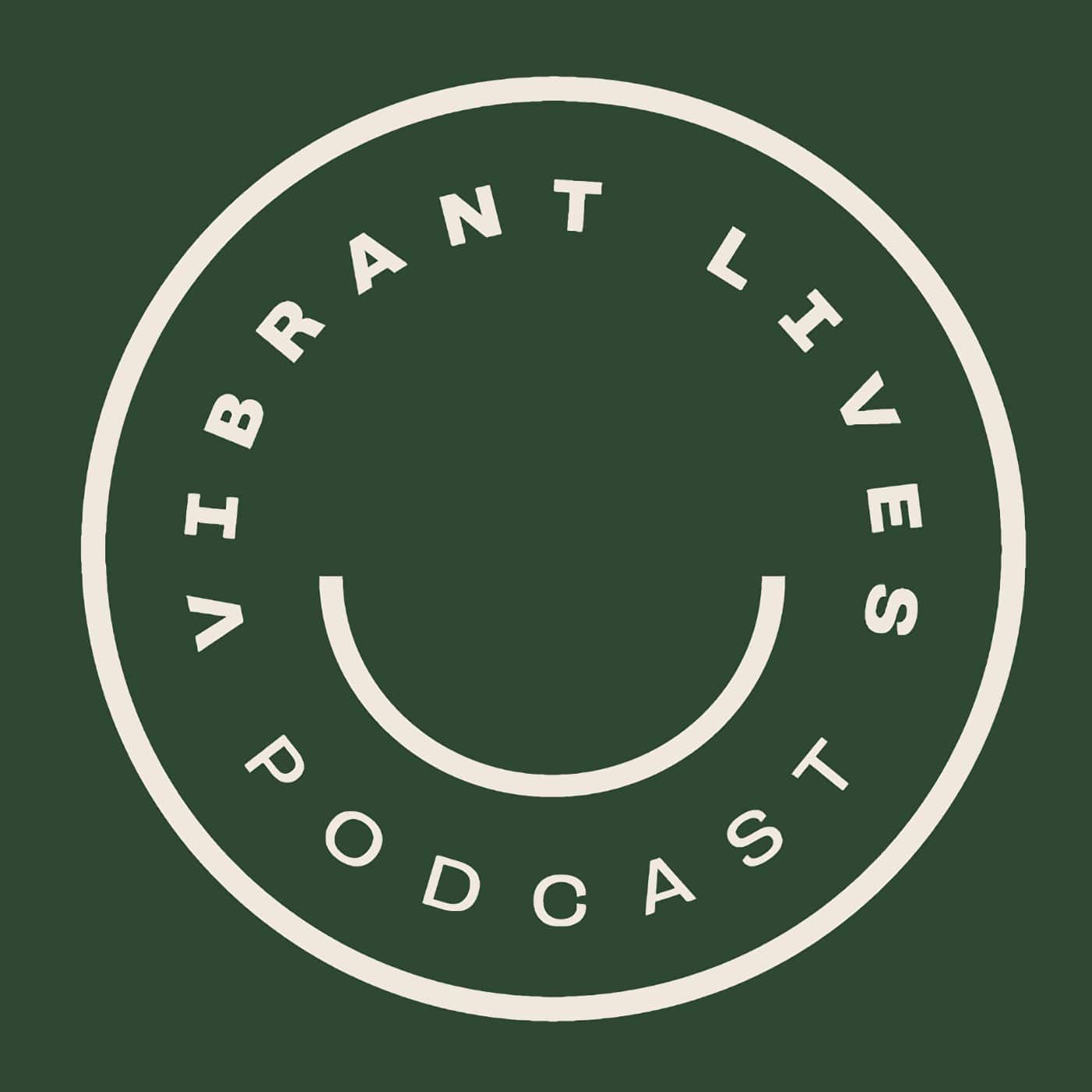This week, I have an instructive and interesting discussion with Dr Brenton Hordacre about stroke and neuroplasticity, that is, the ability of the brain to change. Brenton is a physiotherapist and Senior Research Fellow at the Body in Mind Research Group, University of South Australia where he focusses on recovery following neurological injury, including treatment selection and understanding responses to therapy. Motivated by helping improve people’s quality of life, Brenton works to ensure research is rapidly translated into clinical practice.
According to the Australian Institute of Health and Welfare (AIHW), in 2017, there were about 38,000 stroke events; that is more than 100 every day. In 2018, stroke accounted for 5.3% of all deaths in Australia. (Link below)
Brenton explains that there is a strong link between cardiovascular health and brain health and therefore well known factors such as eating a healthy diet, ensuring good sleep hygiene, leading an active life and maintaining social connections that are generally good for heart health, are also significant for brain health. We discuss "cognitive reserve" which refers to how active the brain was prior to a stroke, a higher cognitive reserve is associated with better recovery outcomes post neurological injury so the message is to keep learning and challenging you brain throughout your life. In addition, we talk about how to recognise if someone is having a stroke.
LINKS MENTIONED IN THE PODCAST
HOW YOU CAN SUPPORT THE PODCAST
#Eat Well. Move Well. Think Well.


